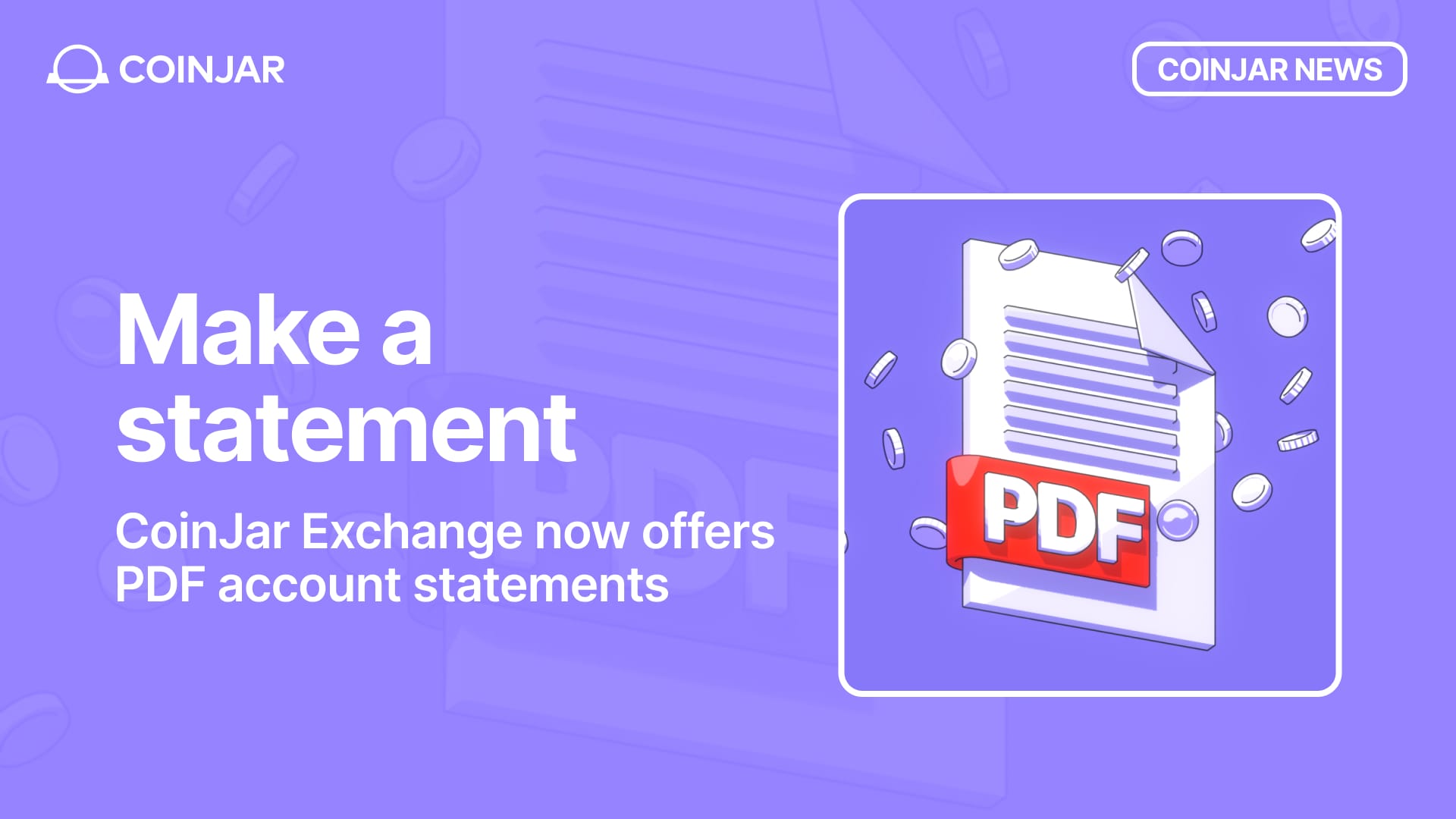3 ways cryptocurrency makes the world a smaller place
June 11, 2019

One of the biggest strengths of cryptocurrencies is the ability to provide alternative financial systems. As legacy systems continue to cater to yesterday’s world, friction in commerce and financial exclusion have become a trend globally. The advancements in cryptocurrency are beginning to bridge the gap for cross-border transactions and will with any hope, increase financial inclusion on a global scale, therefore making our world a smaller, more accessible place.
Borderless payments for remote workers
Domestic workers outside of their home country commonly send funds back home to support their families. A survey conducted by the International Labour Organisation (ILO) found that 95% of migrant workers studied have sent money back to their home countries. 74% of these individuals are sending their funds home 1-4 times per year. 82% of those sending funds home choose to send their funds via money transfer systems. These intermediary systems are inefficient for this specific type of worker due to high transfer fees. On average these workers lose $30 for every $500 sent.
Cryptocurrency can take out the intermediary (and their fees) in order to seamlessly facilitate overseas transfers via blockchain technology without compromising the initial amount of currency.
Efficient e-commerce
It once was a pipedream for a business to operate globally without the need for physical establishments. The rise of e-commerce and the recent breakthrough in cross-border consumer payments have made these dreams one step closer. The way customers interact with brands and businesses has been transformed with the age of the internet, with most communications being digital.
Cross-border payments facilitated by cryptocurrencies have removed the barriers for businesses wanting to set up shop overseas, making payments both more accessible and virtually instant. Without the need for a physical presence in another country, businesses are able to establish themselves in foreign markets with ease.
Blockchain has in some ways turned money into data and therefore made it universally able to verify, your money isn’t physical anymore as it is in the virtual cloud.
Financial freedom and inclusion
Countries like Greece, Venezuela, Argentina, and Brazil, are demonstrations that putting your money in a bank is essentially giving it to someone and hoping a legal system will look after you…until it doesn’t. Likewise in lower economically developed countries where bank accounts aren’t easily accessible, financial limitations are impacting the financial freedom of those residing in countries such as these.
Cryptocurrency offers solutions in both of these cases. Digital wallets offer a greater level of financial inclusion for those who can’t rely on, or access the current traditional financial structures in place.
The above article is not to be read as investment, legal or tax advice and takes no account of particular personal or market circumstances; all readers should seek independent investment, legal and tax advice before investing in cryptocurrencies. This article is provided for general information and educational purposes only. No responsibility or liability is accepted for any errors of fact or omission expressed therein. CoinJar, Inc. makes no representation or warranty of any kind, express or implied, regarding the accuracy, validity, reliability, availability, or completeness of any such information. Past performance is not a reliable indicator of future results.
On/Offchain
Your weekly dose of crypto news & opinion.
Join more than 150,000 subscribers to CoinJar's crypto newsletter.
Your information is handled in accordance with CoinJar’s Privacy Policy.
More from CoinJar Blog

CoinJar Exchange Now Offers PDF Account Statements
September 11, 2025You can now get account statements in PDF format for your activity on CoinJar Exchange. Read more
Onchain: Wake me up, when September ends
September 11, 2025Or don't, because then I could miss out on many more corporate blockchain launches. Story One Yet another corporate blockchain Tempo is a new Layer-1 purpose-built for...Read more
CoinJar Announces SKY Token Listing
September 9, 2025SKY token is now available for trading on CoinJar! Here's everything you need to know about the getting your hands on the upgraded DeFi coin.Read moreYour information is handled in accordance with CoinJar’s Privacy Policy.
Copyright © 2025 CoinJar, Inc. All rights reserved.
CoinJar, Inc. is a registered Money Services Business with FinCEN and licensed as a money transmitter, NMLS #2492913. For a list of states in which CoinJar, Inc. is licensed or authorized to operate, please visit here. In certain other states, money transmission services are provided by Cross River Bank, Member FDIC.
This site is protected by reCAPTCHA and the Google Privacy Policy and Terms of Service apply.